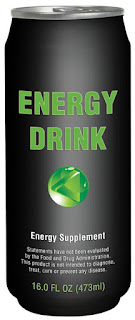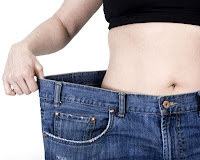The results of a new Spanish study about the timing of when you eat and effectiveness of weight loss (late eaters experienced slower weight loss) has received a lot of attention. Why? Everyone is looking for a weight loss ‘magic bullet.’ Is the timing of when you eat that ‘magic bullet’? Well, it could be for you but not someone else. Managing your weight is affected by many things – your senses (taste, smell), your emotions, your body’s hormones that regulate appetite, the environment and numerous other factors. This particular study has its flaws. Whenever you read the results of a study, you should ask yourself some questions:
- How similar am I to the people involved in the study? This study involved overweight people in Spain. Their ages weren’t reported in the popular media stories about the study results.
- How was the study designed? In this case, those in the study weren’t randomly assigned to a treatment or control group. This is considered an observational study. Random assignment is one way researchers find out if the only difference between the two groups is what they are studying – in this case the timing of when meals are eaten.
- Does the study show cause and effect or just some association? Observing differences in groups that aren’t randomly assigned to a treatment or control group doesn’t show that one thing (eating later) causes something else (more weight loss). It’s an interesting observation that other studies will need to confirm.
One finding from the study is insightful – late eaters ate fewer calories for breakfast and were more likely to skip breakfast than the early eaters. The National Weight Control Registry, which tracks the behaviors of over 10,000 people who have been successful at long-term weight loss, found that 78% of those in the registry eat breakfast every day. Something to consider when managing your weight.
For more information about managing your weight, go to http://missourifamilies.org
Contributor: Ellen Schuster, M.S., R.D., Associate State Specialist, University of Missouri Extension, schusterer@missouri.edu, 573-882-1933




